Is a self-managed super fund right for me?
Many people have heard the term self-managed super fund (SMSF), but very few really understand what it is and whether it’s a reasonable option for them. So we have shed some light on this for you to help answer the question.
Why do people choose a SMSF?
A SMSF will give you more control over your super and retirement planning, but it’s important to understand the responsibilities that come with being a trustee of a fund.
Do you have enough super?
You generally need a reasonable amount of super – or be looking to build up your super quite quickly – to justify the costs of having a SMSF.
Everyone has a different view of how much is enough to start a fund. The ATO has indicated that to have a viable fund, you may need a minimum of $200,000. An accountant or a financial advisor can help you work out if you have enough.
Do you have enough time?
There are many tasks involved in managing a SMSF, so it helps to be prepared for the time commitment. As a trustee you’ll need to:
- monitor your investment strategy
- stay on top of your reporting obligations and make sure you meet relevant deadlines
- keep up to date with changes to superannuation laws that could affect your responsibilities as a trustee
- keep abreast of investment opportunities and performance and adjust your investment strategy accordingly.
You generally need someone to help you set up your SMSF. An accountant, a financial advisor or SMSF solutions manager can help you work out if a SMSF is right for you.
How much will a SMSF cost you?
The cost will depend on your circumstances, super balance, investment strategy and how you choose to manage your fund. The more complex you make it, the more it’s likely to cost. Plus, SMSFs are required to be audited every year, which incurs a fee, so it’s important to seek good advice to assist you in setting up a SMSF.
What is the sole purpose test?
This is the central requirement for any super fund as set out in Australia’s superannuation laws.
In general terms, it requires that your super fund and its assets are used solely to provide benefits to you and other members during retirement, or to dependants should you pass away or become permanently disabled.
Who is eligible to become a trustee?
Individuals may not be eligible to be a trustee if they are:
- classified as an undischarged bankrupt
- mentally incapacitated
- have certain criminal convictions
Age restrictions
An individual under the age of 18 can be a member of a SMSF, but not a trustee.
SMSFs are not suitable for everyone. Their suitability depends on several factors, so before making a decision speak to an accountant or financial advisor. Here are some advantages and disadvantages of having a SMSF.
Advantages
- Control – You have complete control over how your funds are invested, however you must develop and maintain an appropriate investment strategy.
- Flexibility – this level of control allows you to invest in a wide range of assets from bank funds, property and managed funds. Plus, you can switch and modify your investments to suit your needs and requirements.
- The benefits go on after your death – the fund can provide benefits to you, your spouse and even your children. This means that the fund continues after your death which can allow for estate planning benefits and a better use of your benefits.
- Cost savings – generally the cost of managing and maintaining your fund does not increase as your investment grows. So the greater the balance, the more cost effective the fund is.
- Tax concessions – the fund provides tax concessions such as the deferral of lump sum tax in the pension phase.
- Advantages to small businesses – many small business owners are able to utilise super rules which permit SMSFs to invest in business property and then rent it back.
Disadvantages
- Responsibility – all decision making regarding fund management rests with you. Plus, you have to comply with certain rules and deadlines. As a trustee you are responsible for ensuring the fund meets all legislative requirements on time, so you need to keep up to date.
- Limited ability to diversify investments – although you are able to invest in a wider range of assets, you may not have the money to invest in them all.
- It can be expensive – depending on the types of investments you choose or the advice you receive, administration of the fund can be expensive.
- No access to the superannuation complaints tribunal – as a member of a SMSF you are not able to bring complaints to the superannuation complaints tribunal. Instead, you must have matters heard by the courts which can become expensive.
Setting up a SMSF should not be a decision you take lightly or without professional advice. BSN & Co are SMSF experts, so arrange a FREE no obligation meeting and we can review your personal situation and advise whether a SMSF is right for you. We can then help you establish and manage the fund.
Call us today or complete the “Contact us” form (it only takes a minute) and book a FREE no obligation review.








Comments are now closed for this article.